Bhatti raps BRS's financial anarchy', lack of asset creation
Thu 21 Dec 2023, 10:18:09
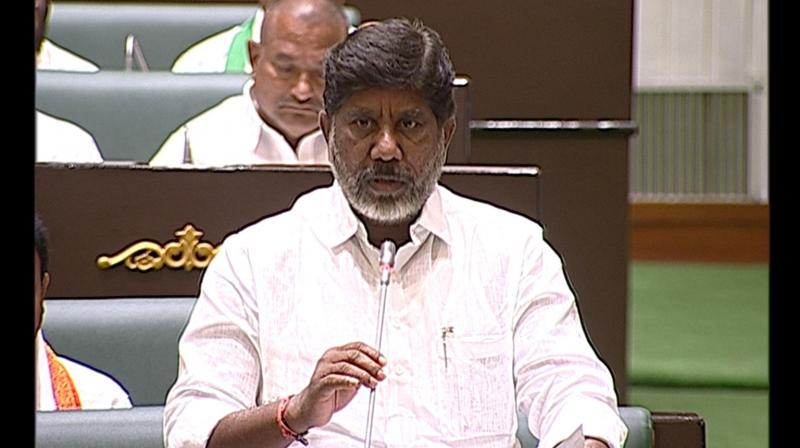
Deputy Chief Minister Mallu Bhatti Vikramarka, who holds the finance portfolio too, came down hard on the previous BRS regime, accusing it of resorting to "financial anarchy" that has left the current government with the job of needing to secure new loans to pay off existing ones.
After presenting the White Paper on finance in the Legislative Assembly on the day, Bhatti said Telangana was gifted with abundant resources compared to many other states, but the BRS government pushed it into a debt trap by preparing budgets without proper planning.
"The previous governments in combined Andhra Pradesh, from 1956 to 2013, created several assets in Telangana with Rs 5 lakh crore budget sanctioned to Telangana region. They have constructed several irrigation projects and reservoirs on Krishna and Godavari and irrigated lakhs of acres. They brought Krishna and Godavari water to Hyderabad to meet drinking water needs. They constructed Hitec City and ORR. They brought several central institutions," Bhatti said.
He said the BRS government did not create any asset in the past 10 years, "except building two huge farmhouses for themselves."
Bhatti said the BRS government secured huge loans to undertake the Kaleshwaram and Palamur-Rangareddy irrigation projects. "Kaleshwaram project barrages are sinking and developing cracks within four years. Even pumps were not set up for the Palamur-Rangareddy project to lift water. Are these the assets created by the BRS government in 10 years?" Bhatti said.
"When the state was formed, there was a feeling of euphoria that the aspirations of four crore people of Telangana would become a reality. One of the key themes of the Telangana movement was state finances, apart from water and employment. It was anticipated that the state would be governed in a fiscally prudent and responsible manner," he
said.
said.
"It was expected that there would be a renewed focus on the economic development of the state while taking care of the needs of the poor and underprivileged. In spite of all the uncertainty and pendency on the division of assets of the state and the corporations, Telangana started on a firm footing on the fiscal front," he said.
Stating that the state reported a revenue surplus in the first five years and fiscal responsibility norms were also broadly adhered to, he said that the situation of the state started changing drastically once off-budget borrowings started being mobilised for mega projects, such as Kaleshwaram, Palamuru Rangareddy, Sitarama, and Mission Bhagiratha.
"Large-scale mobilisation of the off-budget borrowings and lack of revenues to the SPVs (which were created to mobilise resources for the capital-intensive irrigation projects) meant that effectively, the government-guaranteed loans were being serviced by the government itself from the budgetary resources. This meant a rapid increase in debt servicing by the state," he said.
Expenditure on employees and pensioners of all categories in terms of their salary and pension is presented. Due to the huge mismatch between resource availability and expenditure commitments, the state had to increasingly rely on the Ways and Means facility provided by the RBI, he said.
"A careful analysis of the above facts shows that Telangana, which was a revenue surplus state in 2014 and had one of the fastest growing economies in the country, is now staring at a debt crisis," he said.
The Deputy Chief Minister said it was the Congress's responsibility to inform the people of the state about the "economic anarchy" and "mistakes" that took place in the past 10 years under the BRS regime.
No Comments For This Post, Be first to write a Comment.
Most viewed from Hyderabad
Most viewed from World
AIMIM News
Latest Urdu News
Most Viewed
May 26, 2020
Should there be an India-Pakistan cricket match or not?
Latest Videos View All
Like Us
Home
About Us
Advertise With Us
All Polls
Epaper Archives
Privacy Policy
Contact Us
Download Etemaad App
© 2026 Etemaad Daily News, All Rights Reserved.


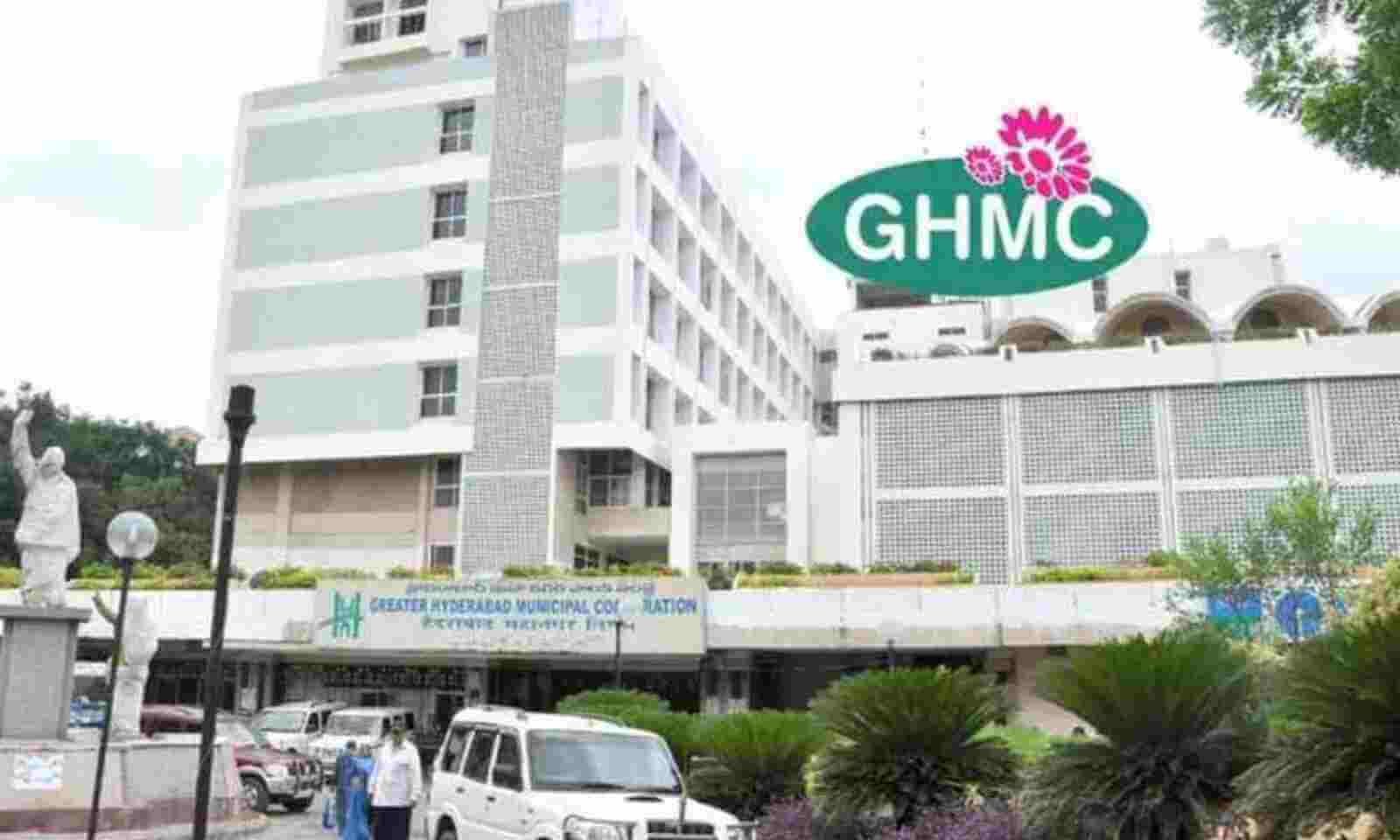
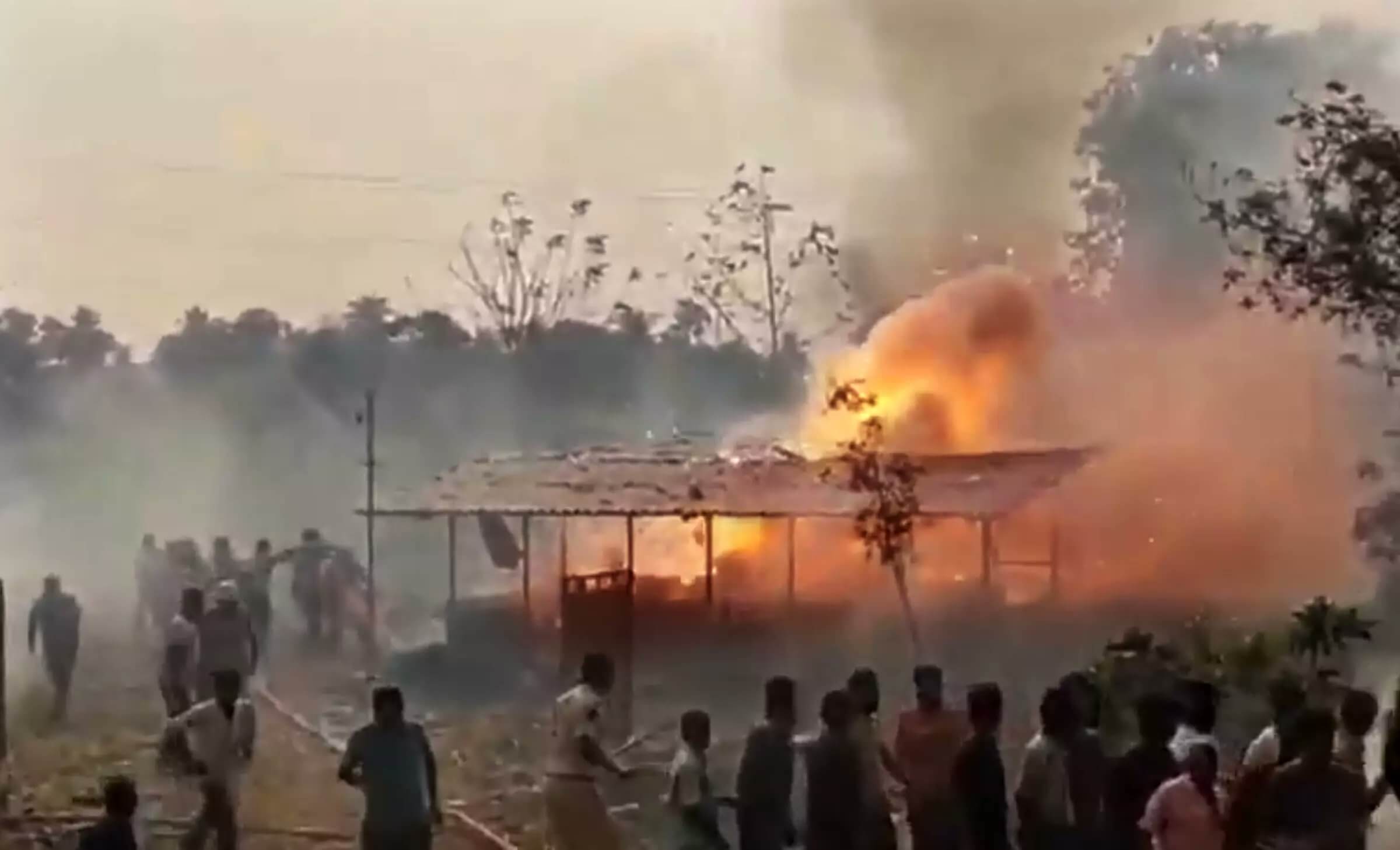
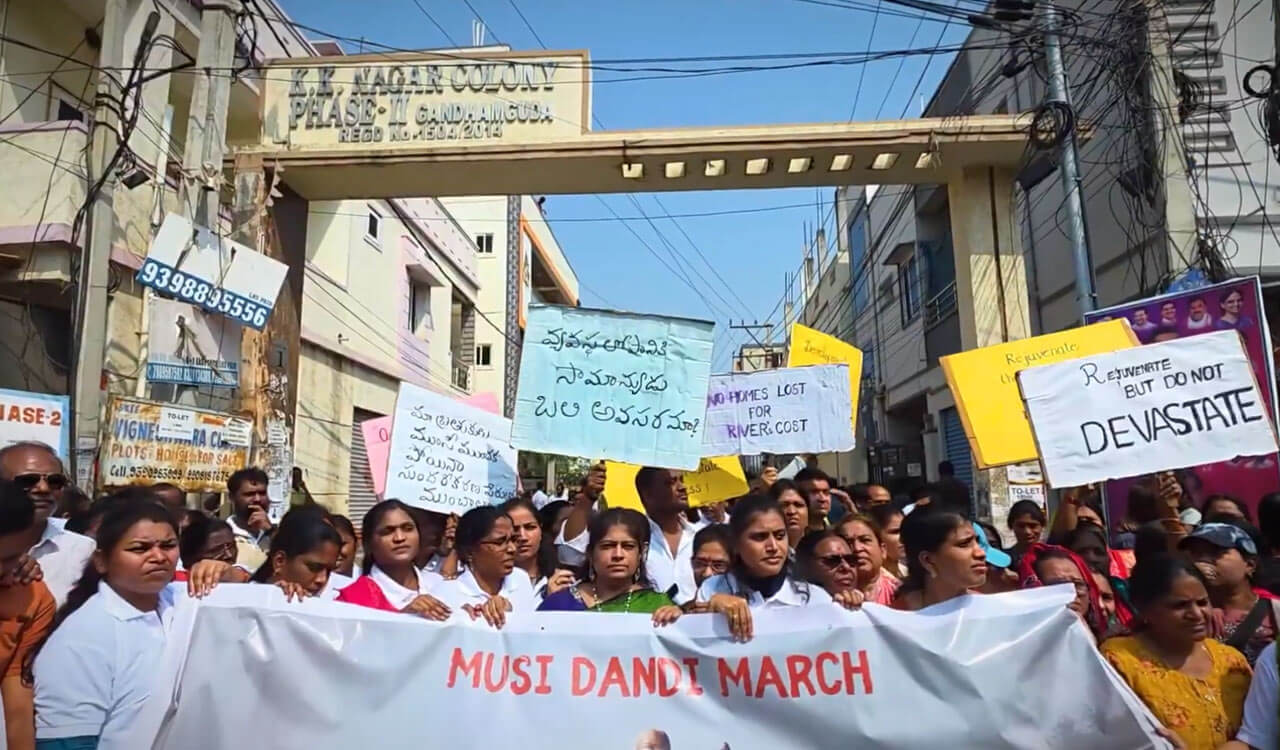
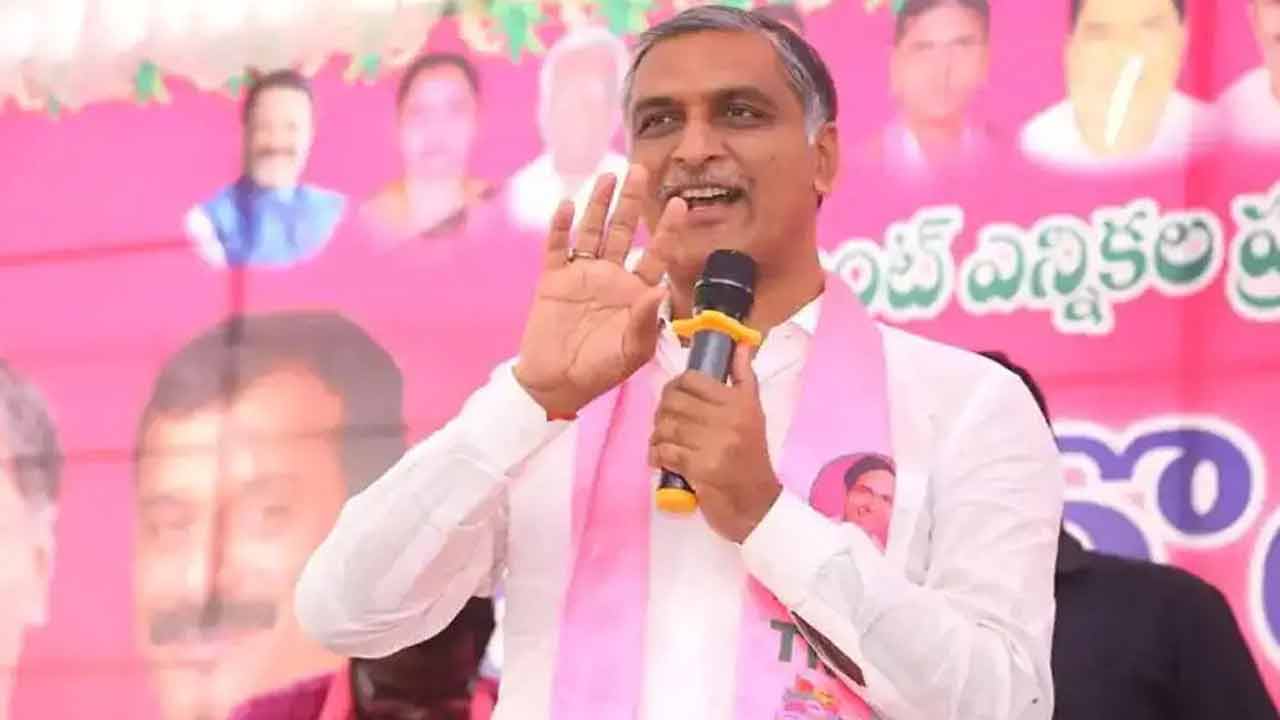
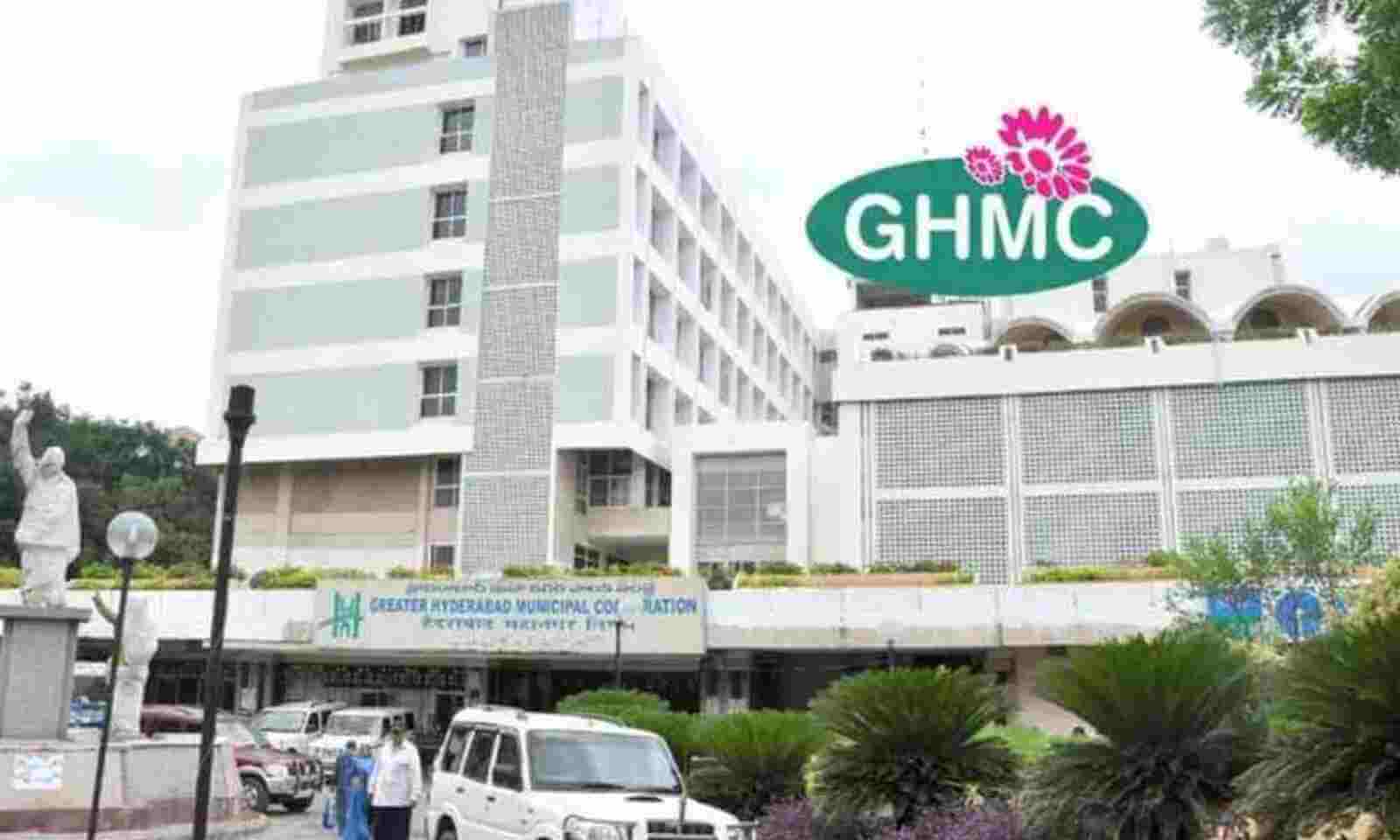


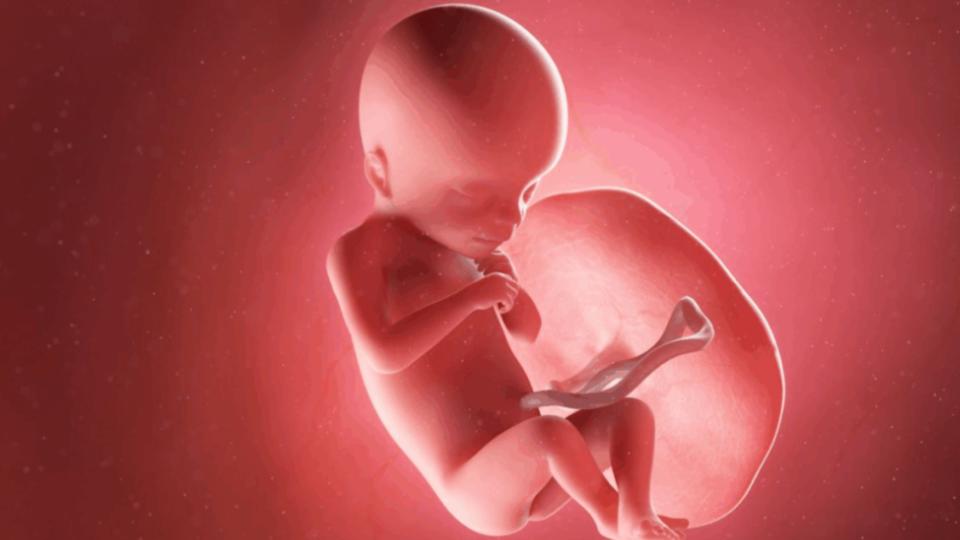
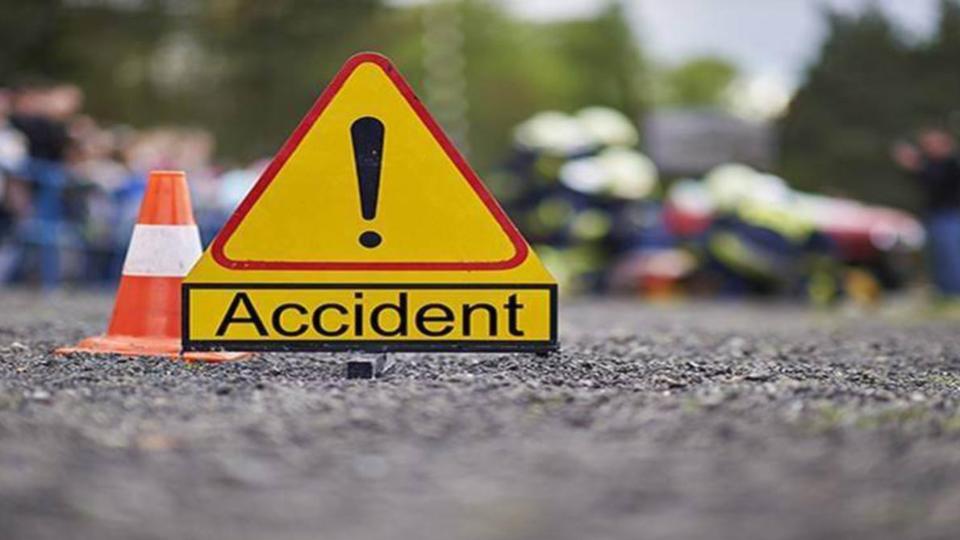

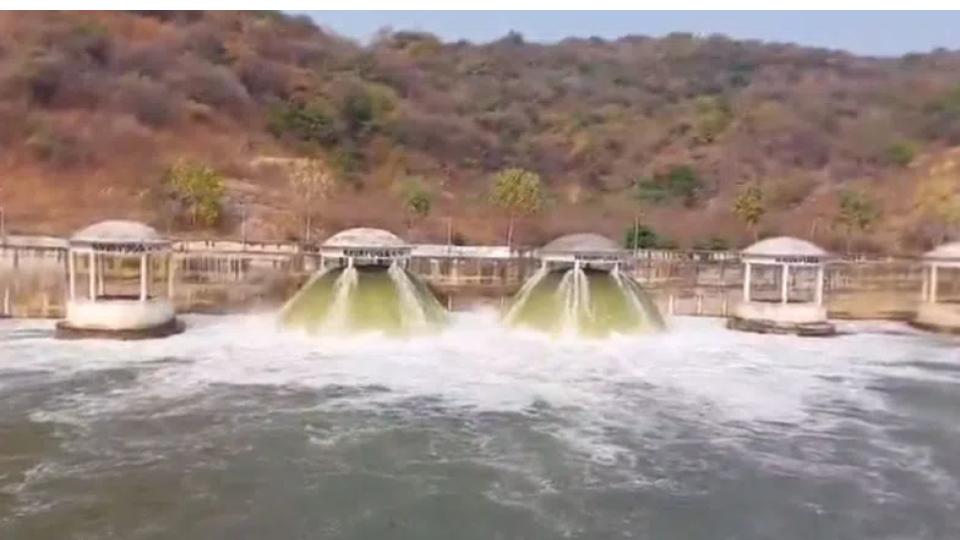
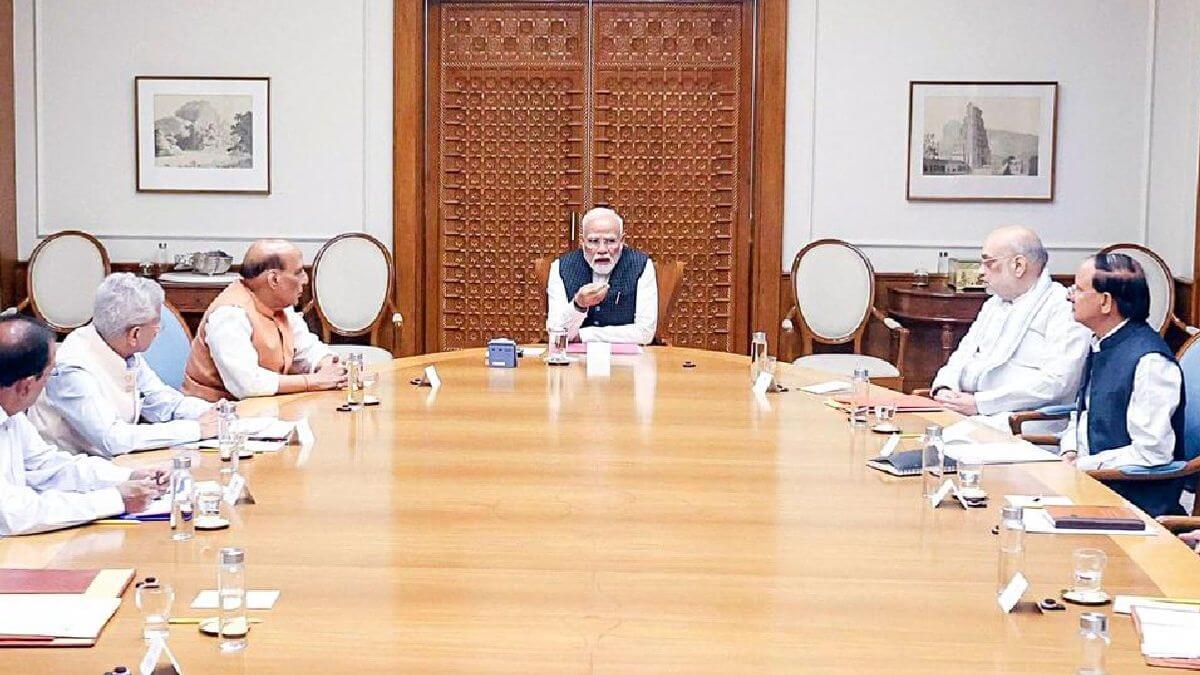
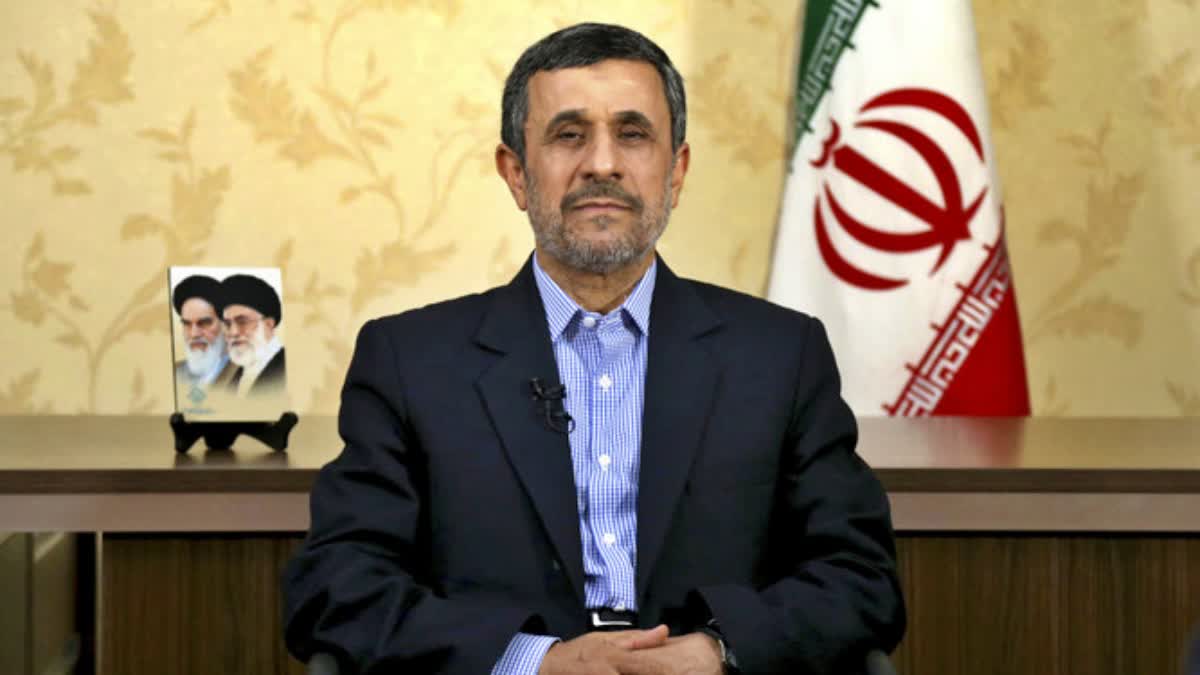


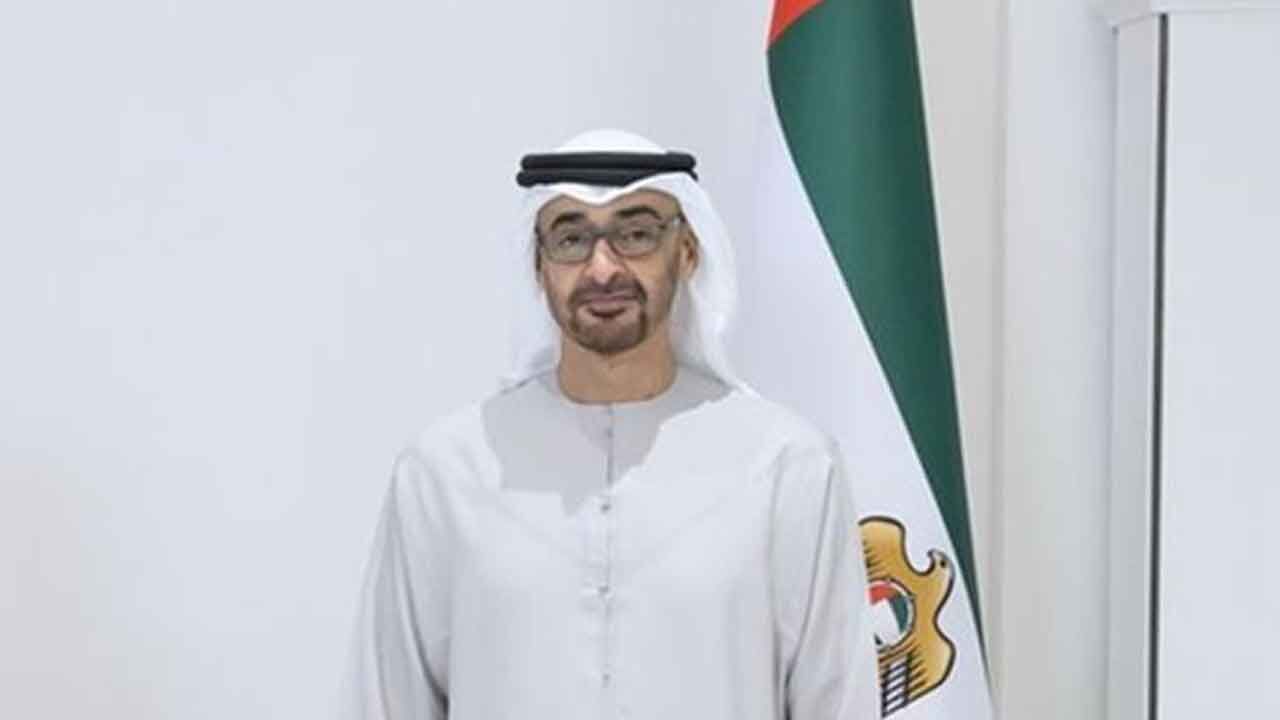


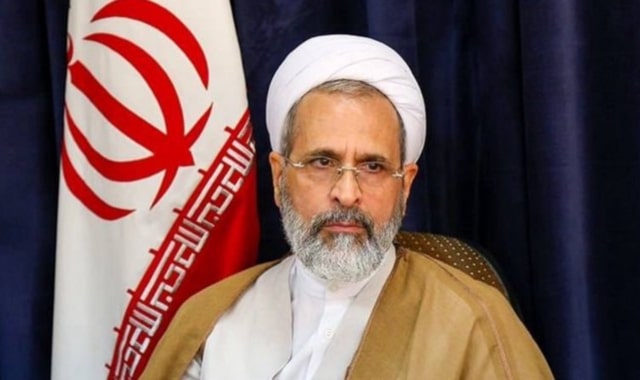
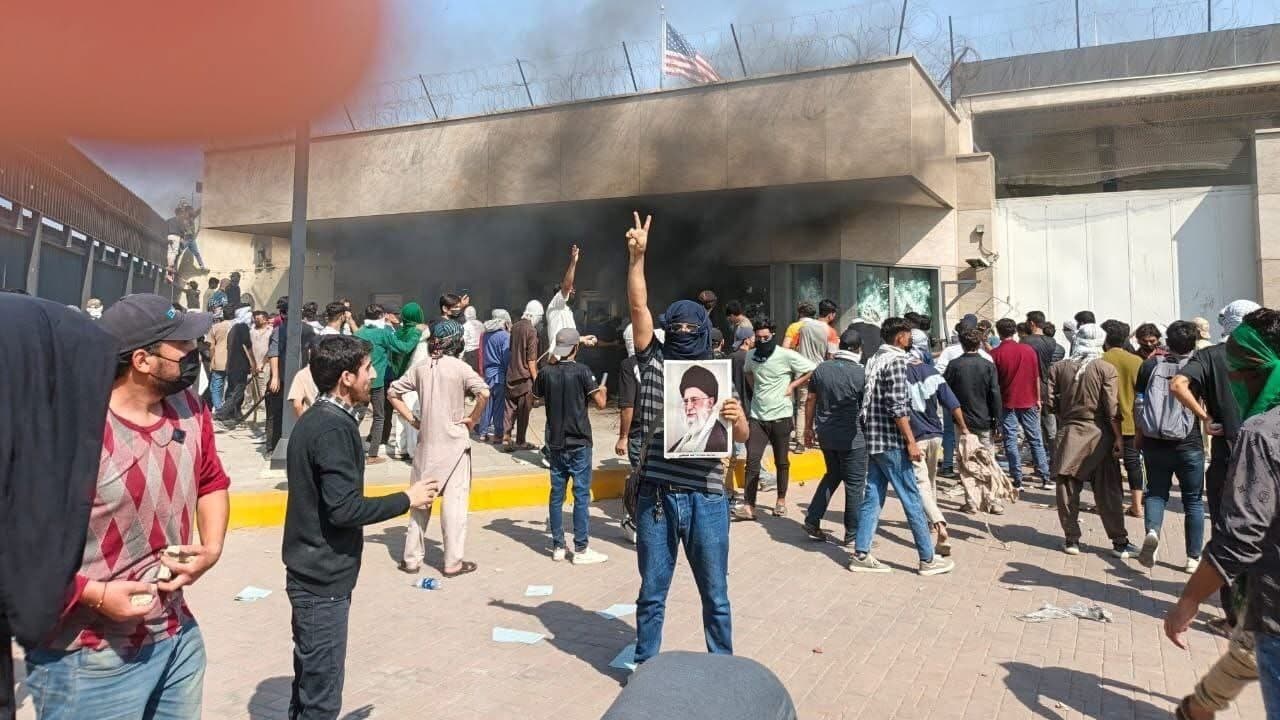
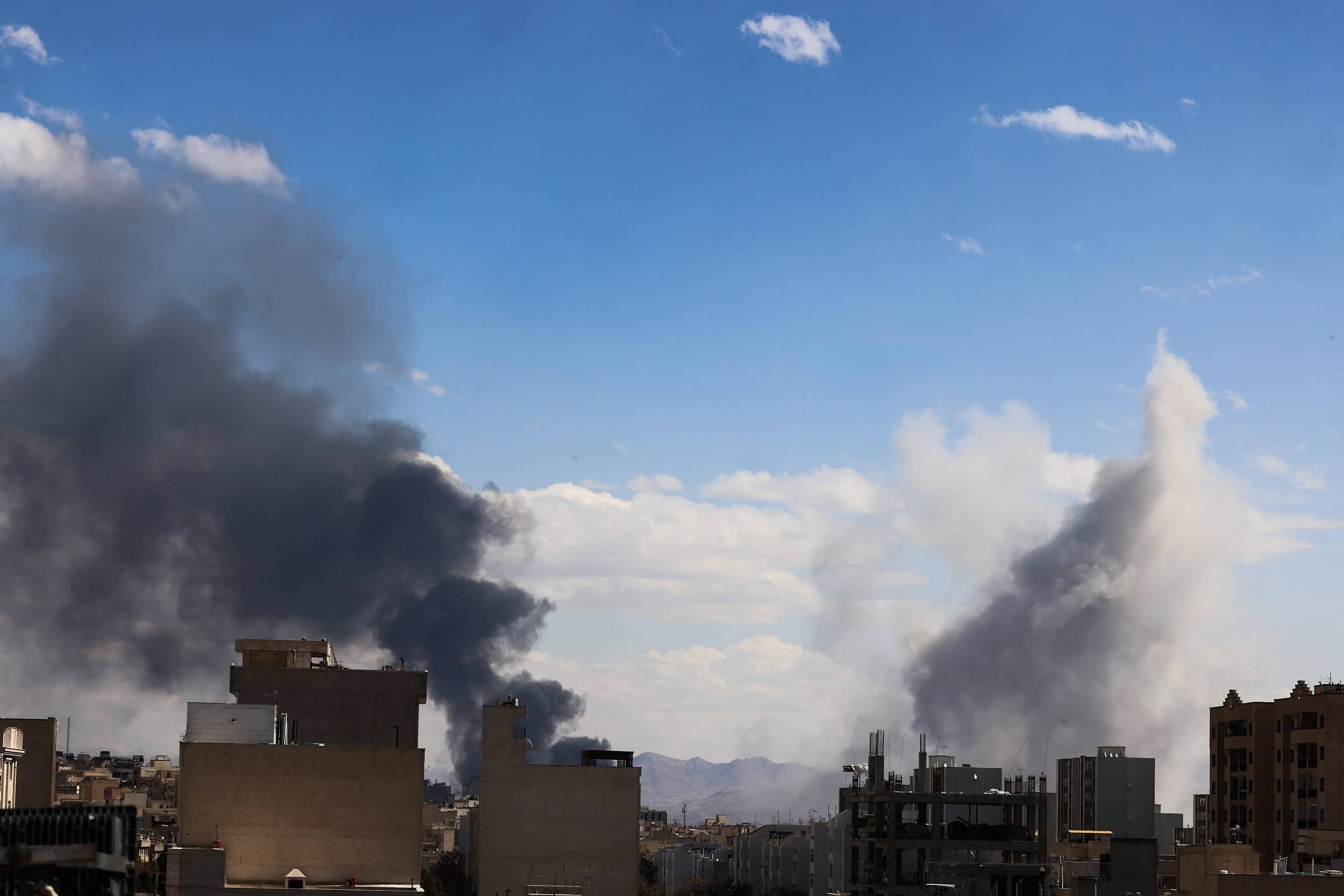

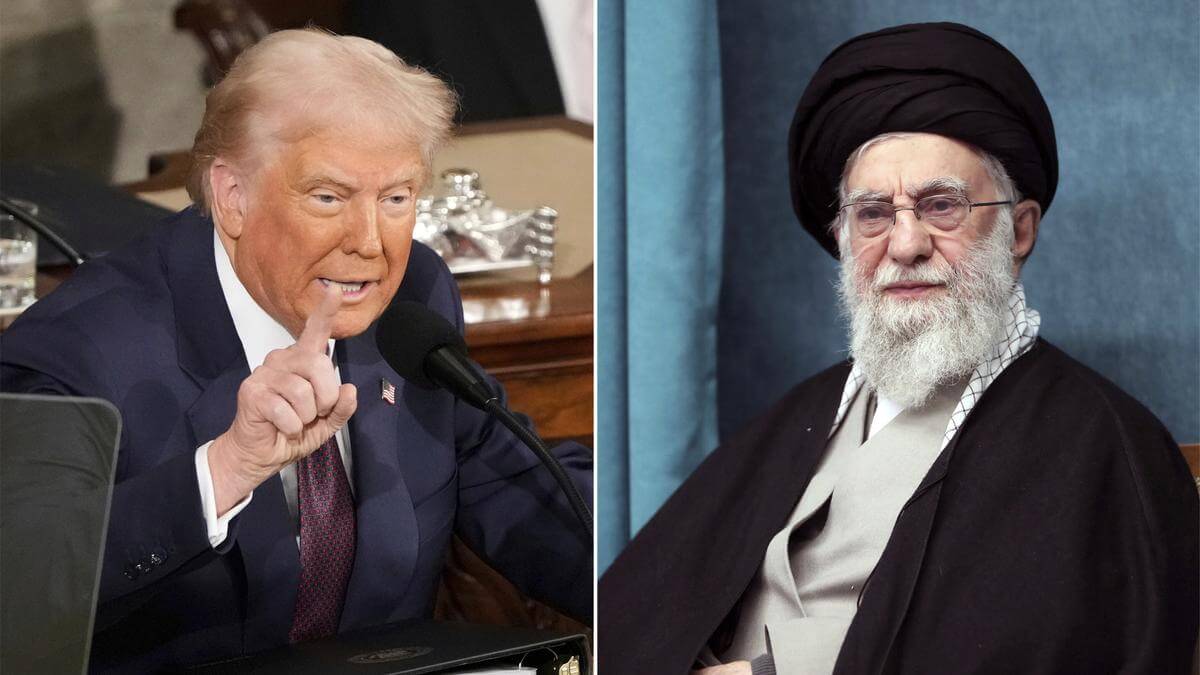




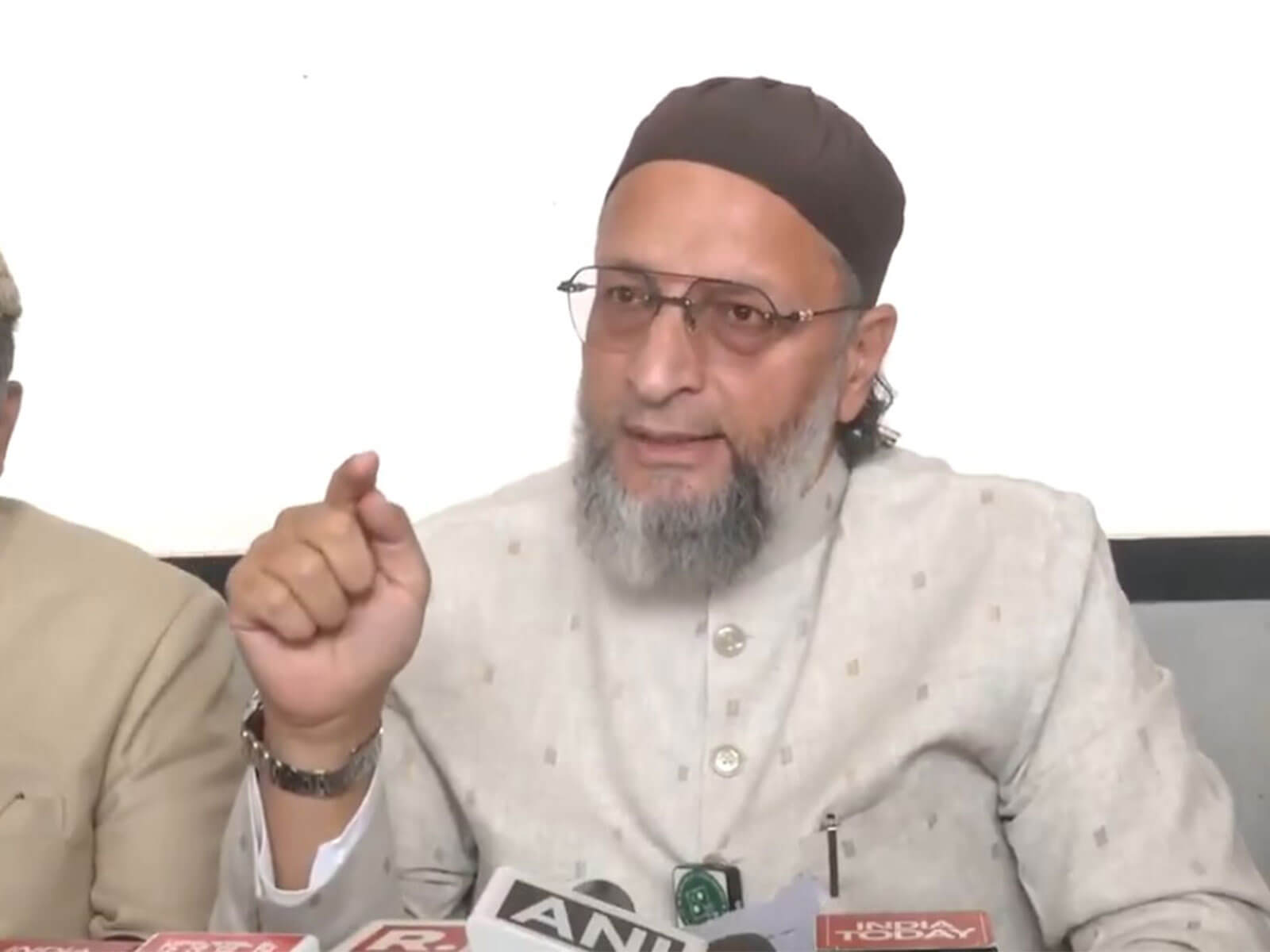







.jpg)
.jpg)
.jpg)


